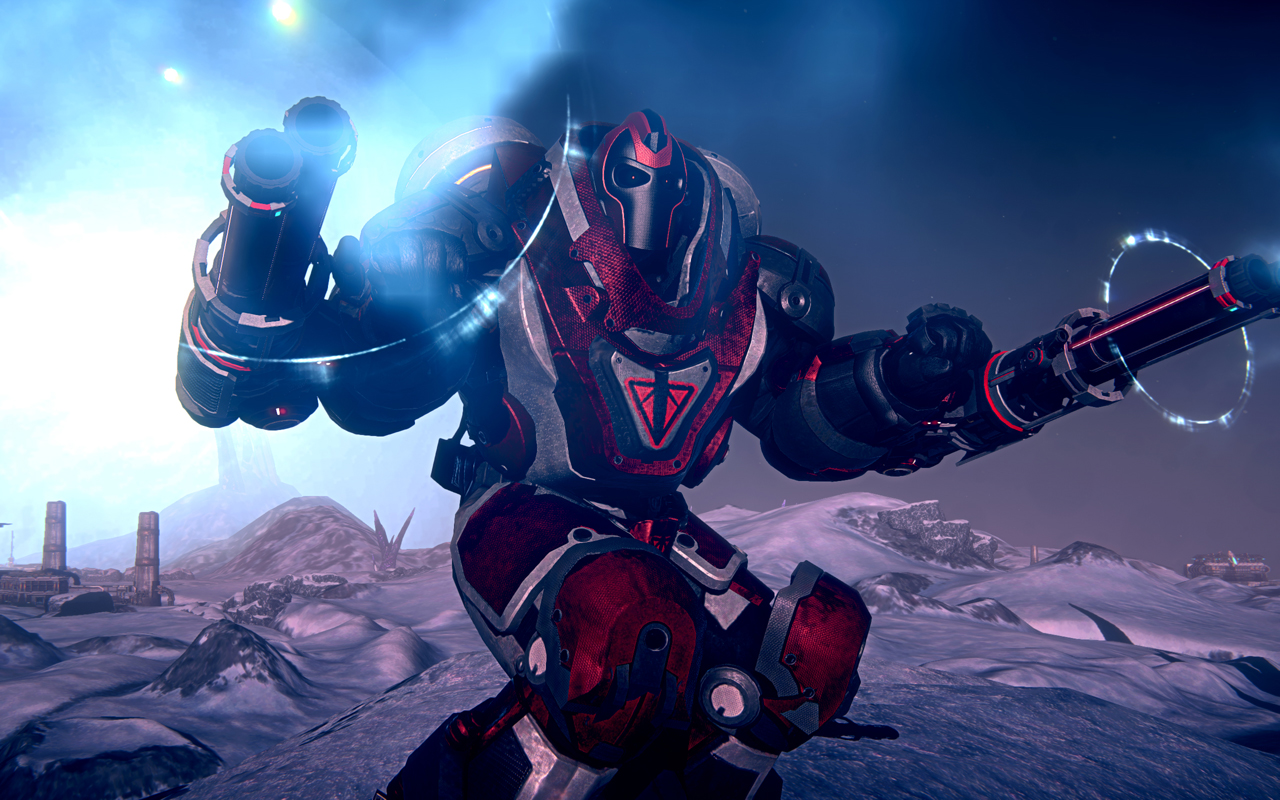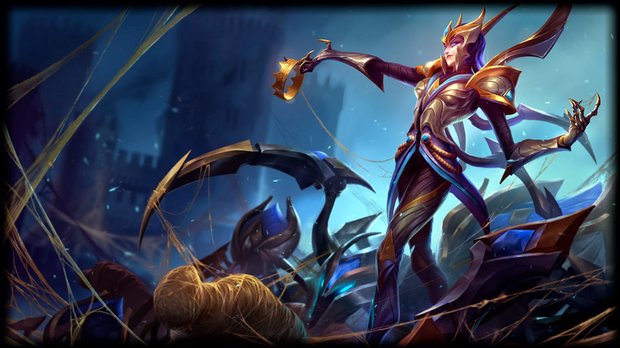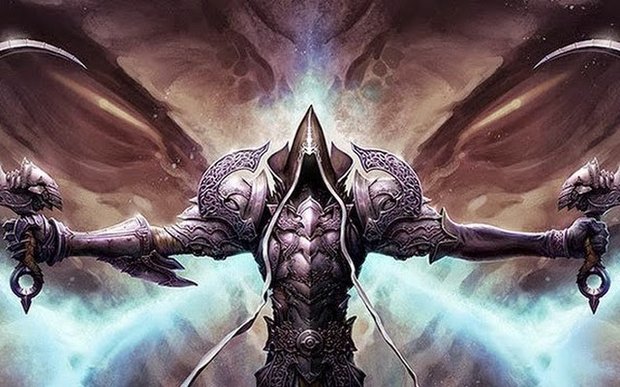Can online gaming exist without constant, malicious disruption?
When people are bored, they do dumb things. Distributed denial-of-service attacks fall into the category of "dumb things." Like other such riveting activities as prank phone calls and Ding-Dong-Ditch, DDoS attacks require little skill or expert knowledge--just a willingness to mess with someone else for some short-lived entertainment. DDoSing is what caused the PlayStation Network downtime over the weekend, as well as the Battle.net, League of Legends, and Path of Exile outages that occurred around the same time. These DDoS onslaughts aren't the first concerted efforts at stalling out popular games, and they definitely won't be the last. It begs the question: are these kinds of attacks an inevitable part of the online gaming environment?

Let's quickly put some things in perspective. First off, your personal info is not at risk during a DDoS attack. PSN may have been down for a few hours on Sunday, but unlike the hacking fiasco in 2011, no actual data was compromised this time around. That's because hacking and DDoS attacks are very different things. The former implies at least a modicum of cleverness and talent; the ability to bypass walls of security to effect some kind of change. DDoSing is more akin to clogging a toilet.
Most people never feel the self-aggrandizing need to DDoS anyone, but a Google search is all the education you need to pull it off. A group of people--or one person with a bunch of bots--work in tandem to overload servers with meaningless information, slowing it to a temporary halt. Kinda like how hundreds of sheets of toilet paper will inevitably clog up some bathroom pipes. The attackers can rejoice in their brief moment of toilet-clogging triumph, fully aware that it won't be long before a plumber steps in and restores the system to normal. To some people, those few hours of the toilet being broken are apparently a cause for celebration.

DDoSing may be simple to do, but its effects can be pretty significant. In the grand scheme of things, not being able to log into PSN for a few hours is very much a first-world problem, and the kind of inconvenience that you'll completely forget about by--and I'm just guessing here--this Friday. On the other hand, the interrupted service is bad for Sony's business, and probably cost hundreds of thousands of dollars in lost sales. Then there are the inexplicably vile attacks like the DDoS disruption of the Extra Life charity event, which might've actually been the work of compassionless demons from the 9th dimension possessing the bodies of Internet users.
What can stop DDoSing? By the look of things, not much. For every countermeasure, there are twenty aimless people devising new methods of attack. The same group that's claiming responsibility for all the recent DDoS attacks also gave itself a nice butt-patting for a fake bomb threat, which--as a bona fide act of terror--is enough to get the attention of the Federal Bureau of Investigation. But the FBI couldn't care less about temporary blackouts for game services. Quite frankly, that's fine; FBI agents have much bigger, more important fish to fry.

The argument that these attacks will force companies to improve their security doesn't work. From the sound of it, DDoSing is almost impossible to prevent, simply because of how cursory and fruitless its methods are. Trying to wipe out DDoSing is like trying to make gnats go extinct. Yes, they're annoying, but they're probably not going to ruin your life either. If you're big enough to target, you're probably big enough to recover and move on like it never happened.
DDoS attacks will happen. So... what are we supposed to do, then? Do we try to just ignore it? That deprives DDoSers of getting a rise out of the general public, but there's no telling whether or not that will deter them. Should we just accept it as an ugly part of gaming culture? At that point, we're just giving a handful of jerkwads the power to ruin things for everyone. It's a hard question to answer. Maybe we should all unplug our consoles and cling to physical media like it's 2006.
Sign up to the GamesRadar+ Newsletter
Weekly digests, tales from the communities you love, and more
Lucas Sullivan is the former US Managing Editor of GamesRadar+. Lucas spent seven years working for GR, starting as an Associate Editor in 2012 before climbing the ranks. He left us in 2019 to pursue a career path on the other side of the fence, joining 2K Games as a Global Content Manager. Lucas doesn't get to write about games like Borderlands and Mafia anymore, but he does get to help make and market them.



